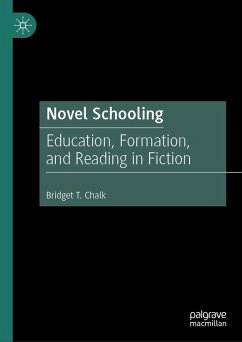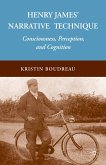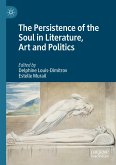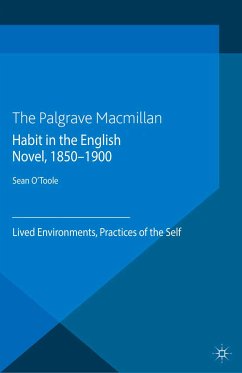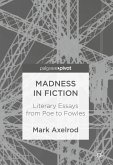This book identifies and explores the consistent link between negative depictions of education in novels and claims for the educative effects of reading them. The novel and education are both phenomena that rely fundamentally on development over time: the former in plot and character, and the latter in individual potential. Despite this basic parallel, these forms of development are at odds in many works of fiction that treat education as constrictive and even traumatic to the individual, rather than healthy and formative. Novel Schooling identifies a pervasive pattern in novels from the 19th to 21st centuries: writers ranging from Charles Dickens and D.H. Lawrence to Zadie Smith reject conventional modes of education and propose their own models for shaping the sensibilities of their characters and readers. These works critique institutional education as a point of departure to position reading fiction as a superior form of individual development. Using the new ethics and reader-response theory, this work traces the treatment of education in and through the novel, concluding with fresh assertions of the value of literature in a digital, market-driven world.
Bridget Chalk is Professor of English at Manhattan College, USA, where she teaches modernism and twentieth and twenty-first-century British and Anglophone literature. Novel Schooling is her second scholarly monograph; her previous book, Modernism and Mobility: The Passport and Cosmopolitan Experience (2014) was published by Palgrave Macmillan. Bridget has also published essays on modern and contemporary fiction in Modernism/Modernity, The Journal of Modern Literature, Twentieth-Century Literature, and elsewhere, as well as having contributed a chapter to The Cambridge Companion to British Fiction, 1980-the present (2019).
Bridget Chalk is Professor of English at Manhattan College, USA, where she teaches modernism and twentieth and twenty-first-century British and Anglophone literature. Novel Schooling is her second scholarly monograph; her previous book, Modernism and Mobility: The Passport and Cosmopolitan Experience (2014) was published by Palgrave Macmillan. Bridget has also published essays on modern and contemporary fiction in Modernism/Modernity, The Journal of Modern Literature, Twentieth-Century Literature, and elsewhere, as well as having contributed a chapter to The Cambridge Companion to British Fiction, 1980-the present (2019).
Dieser Download kann aus rechtlichen Gründen nur mit Rechnungsadresse in A, B, BG, CY, CZ, D, DK, EW, E, FIN, F, GR, HR, H, IRL, I, LT, L, LR, M, NL, PL, P, R, S, SLO, SK ausgeliefert werden.

